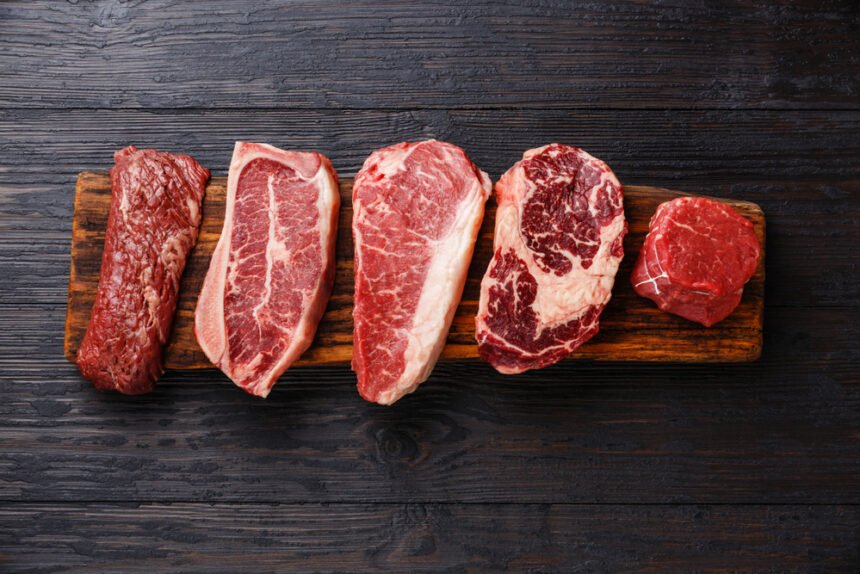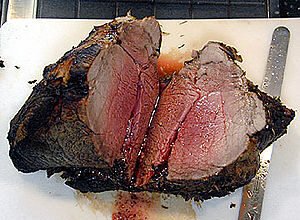In the world of nutrition, meat is one of the most controversial foods out there. Some people say it’s not only a delicious but necessary part of a human’s diet, while others think that it’s unethical and not needed. No matter your opinion, there are proven health benefits to eating meat. It’s completely possible to supplement valuable nutrients and vitamins for those on a meat-free diet, but many would agree that it’s simply not the same thing. Here are some health benefits of the three main kinds of meat.
Chicken
Chicken is the one of the most popular white meats, and for good reason. Almost every part of the chicken can be used for consumption in some capacity.
- To begin, chicken is an excellent source of lean protein. Chicken breasts are low in fat and sodium and for those considering a ketogenic diet, they’re also low-carb. Since they’re low-fat, they’re an excellent choice for losing weight.
- Chicken is also full of calcium, keeping bones strong and healthy.
- Lastly, the tryptophan and Vitamin B5 are good stress relievers – eating chicken can literally make you relax!
Always remember that the best chicken can be found from local farms, rather than big corporations. Animals that are treated ethically will taste better, and you’ll be supporting family-owned businesses.
Beef
Beef is known as a meat that is extremely high in protein. For example, a 6-ounce 80% lean serving of beef has about 46 grams of protein. It’s full of amino acids and extremely rich in minerals such as iron, phosphorous, zinc, and potassium. Since it’s so rich in iron, it can help people with anemia or other iron-deficiency disorders. Beef also provides a full range of B-vitamins, such as B12, B3, and B6. Like chicken, the best beef can be found from places like local and family-owned farms. movement for grass-fed beef is strong, which is why more farms are moving toward grass-fed beef. Grass-fed beef has fewer calories and more healthy fats, and with lower greenhouse gas emissions it’s also better for the environment. Grass-fed beef from Seven Sons and other local, family-owned farms sell free-range meat at a reasonable price.
Pork
Pork is the meat of the pig and is the most commonly eaten red meat in the world. It’s high in protein, vitamins, and minerals like most meat. By fresh weight, it’s about 26% protein content, but dry pork can be up to 89% protein. Pork has a higher fat content than other forms of meat, ranging between 10 to 16 percent. Pork also has all 9 necessary amino acids for the human body, making it one of the best sources of protein. Pork contains high amounts of thiamine, selenium, niacin, and Vitamin B12. It also contains zinc, which is important for the brain and immune system, and phosphorous, important for body maintenance. Along with the several vitamins and minerals, pork also contains taurine, creatine, and glutathione, all necessary for muscle and heart health. Ethically-raised pork is best, just as with chicken and beef, so be sure to shop local for all meat to get the best flavors and prices.
Conclusion
Although the consumption of meat and meat products is a controversial topic, we can all agree that the vitamins, minerals, and compounds that are found in meat cannot be skipped out on. It’s important to know what you can get out of each kind of meat to make informed decisions when planning a healthy diet. We hope this article has helped you understand what the health benefits are for each one!









